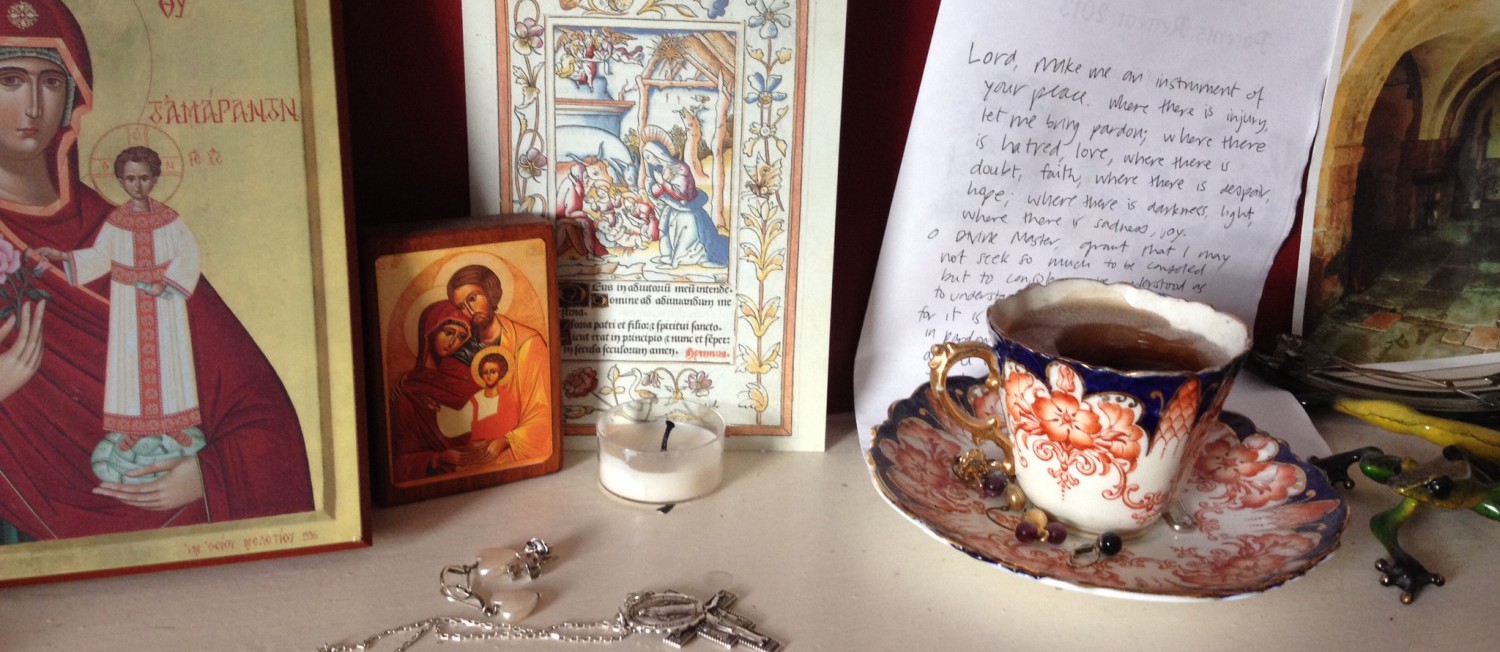These days are dark days, the days when Job’s lament (which I read out, in part, to a class on Monday) seems to voice the despair of my own soul–I, who have lost nothing and have healthy children. My darkness is of a different kind, and is heedless of all the good (and lack of it) in the world. So I have little to say. Luckily teaching means reading and re-reading, and today I find comfort and inspiration in the words of an encyclical more than six decades old.
For as the Apostle with good reason admonishes us: “Those that seem the more feeble members of the body are more necessary; and those that we think the less honourable members of the body, we surround with more abundant honour.” Conscious of the obligations of our high office, we deem it necessary to reiterate this grave statement today, when to our profound grief we see at times the deformed, the insane, and those suffering from hereditary disease deprived of their lives, as thought they were a useless burden to society; and this procedure is hailed by some as a manifestation of human progress, and as something that is entirely in accordance with the common good. Yet who that is possessed of sound judgement does not recognize that this not only violates the nature and the divine law written in the heart of every man, but that it outrages the noblest instincts of humanity? the blood of these unfortunate victims who are all the dearer to our Redeemed because thy are deserving of greater pity, “cries to God from the earth.”*
In all those who suffer or are in need, in all those who are small and weak, we ought to see Christ. Why is this so hard? We long to see Jesus–and here he is, right here. If only we had eyes to see him, we would find our heart’s desire.
*Pius XII, Mystici corporis (1943), 94
